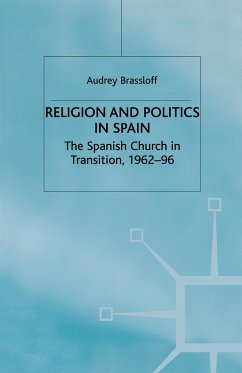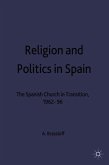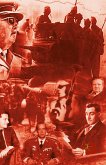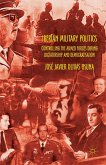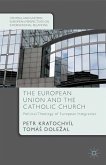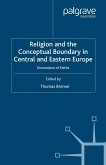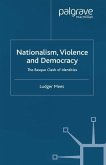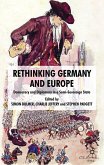An examination of the Spanish Church in transition over recent decades, as it responded to far-reaching societal change. Having disengaged from Francoism, it embraced democracy but found itself somewhat at odds with various aspects of the modernisation of Spain, the ongoing process of secularisation and the 'supermarket' approach to doctrine of its own membership. In its goal of maintaining influence, its long-established strategy of alliances with secular - political and socio-economic - power groups became pointless in a society not so much hostile as indifferent to institutionalised religion. The challenges facing the Spanish Church are placed in the context of Vatican and grassroots Church developments as well as within the sweep of Spanish history.
'Dr Brassloff's book makes one of the most valuable contributions to the analysis of the politics of religion in Spain. It is exemplary in examining how a religious institution was able to move from legitimising to delegitimising a dictatorial regime, thanks to the internal religious transformation generated by the Second Vatican Council. In this way the Church facilitated the transition to democracy in Spain. This book will be a very useful source for historians, sociologists, political scientists and all those interested in the influence of religion on politics.' - Rafael Diaz Salazar, Professor of Sociology, Universidad Complutense, Madrid

